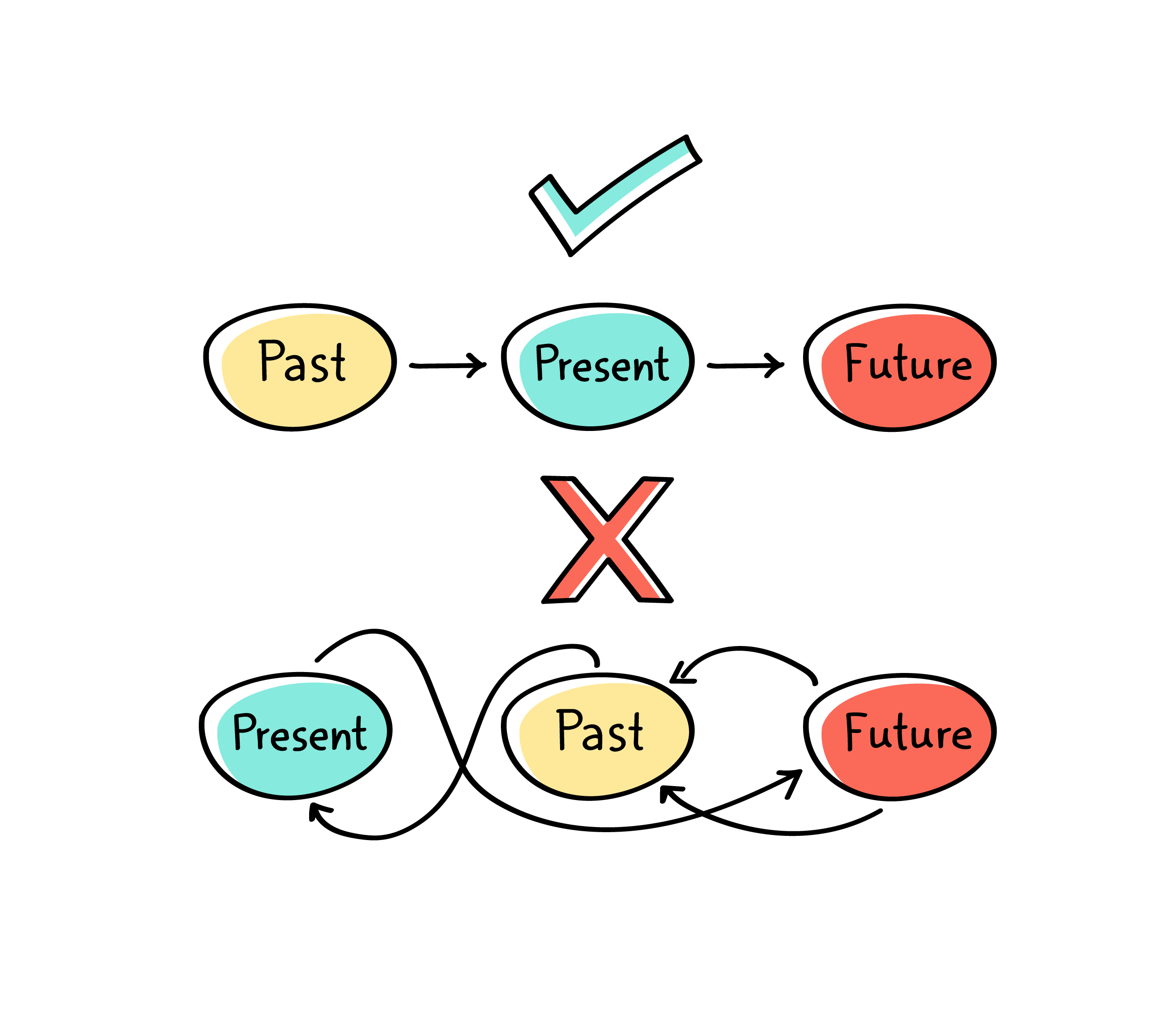Hello my beautiful students!
Learning English can be an exciting journey, but it's not without its challenges. Even native speakers sometimes struggle with the intricacies of the language. For those learning English as a second language, certain common mistakes can be particularly troublesome. In this blog post, we'll explore some of these common errors and provide solutions to help you avoid them.
1. Incorrect Use of Prepositions
Common Mistake: Using the wrong preposition in a sentence, such as "I am good in English" instead of "I am good at English."
Solution: Prepositions are tricky in English, and they often don't translate directly from other languages. Practice, memorization, and reading can help you get a feel for the correct usage. For example, we use "at" with subjects, "in" with enclosed spaces, and "on" with surfaces.
2. Confusing 'Much' and 'Many'
Common Mistake: Using "much" with countable nouns and "many" with uncountable nouns, e.g., "I have much books."
Solution: Remember, "much" is used with uncountable nouns (like water, money), and "many" is used with countable nouns (like books, apples). So the correct sentence is "I have many books."
3. Misplacing Modifiers
Common Mistake: Placing modifiers too far from the word they are supposed to modify, leading to confusion. For example, "She almost drove her kids to school every day."
Solution: Place modifiers close to the word they are modifying. The correct sentence is "She drove her kids to school almost every day."
4. Confusing 'Fewer' and 'Less'
Common Mistake: Using "less" instead of "fewer" with countable nouns, e.g., "I have less apples than you."
Solution: Use "fewer" for countable nouns and "less" for uncountable nouns. The correct sentence is "I have fewer apples than you."
5. Incorrect Verb Tenses
Common Mistake: Mixing up past, present, and future tenses within a sentence or paragraph.
Solution: Be mindful of the time frame you are referring to and choose the correct tense. Practice and understanding the rules of tenses can help you master this aspect of English.
6. Confusing 'Then' and 'Than'
Common Mistake: Using "then" instead of "than" in comparisons, e.g., "My apple is bigger then yours."
Solution: Use "than" for comparisons and "then" for sequences of time or events. The correct sentence is "My apple is bigger than yours."
7. Using Double Negatives
Common Mistake: Using two negatives in a sentence, which can make the meaning unclear, e.g., "I don't need no help."
Solution: Avoid using double negatives. The correct sentence is "I don't need any help."
8. Incorrect Use of Articles 'a', 'an', and 'the'
Common Mistake: Using the wrong article or omitting it altogether, e.g., "I have cat."
Solution: Learn the rules for using articles. Use "a" or "an" with singular, countable nouns, and "the" with specific nouns. The correct sentence is "I have a cat."
English is a rich and complex language, and it's normal to make mistakes as you learn. By being aware of these common errors and practicing the solutions provided, you can improve your English skills and communicate more effectively. Remember, practice, patience, and persistence are key to mastering any language.
Happy practicing!



















